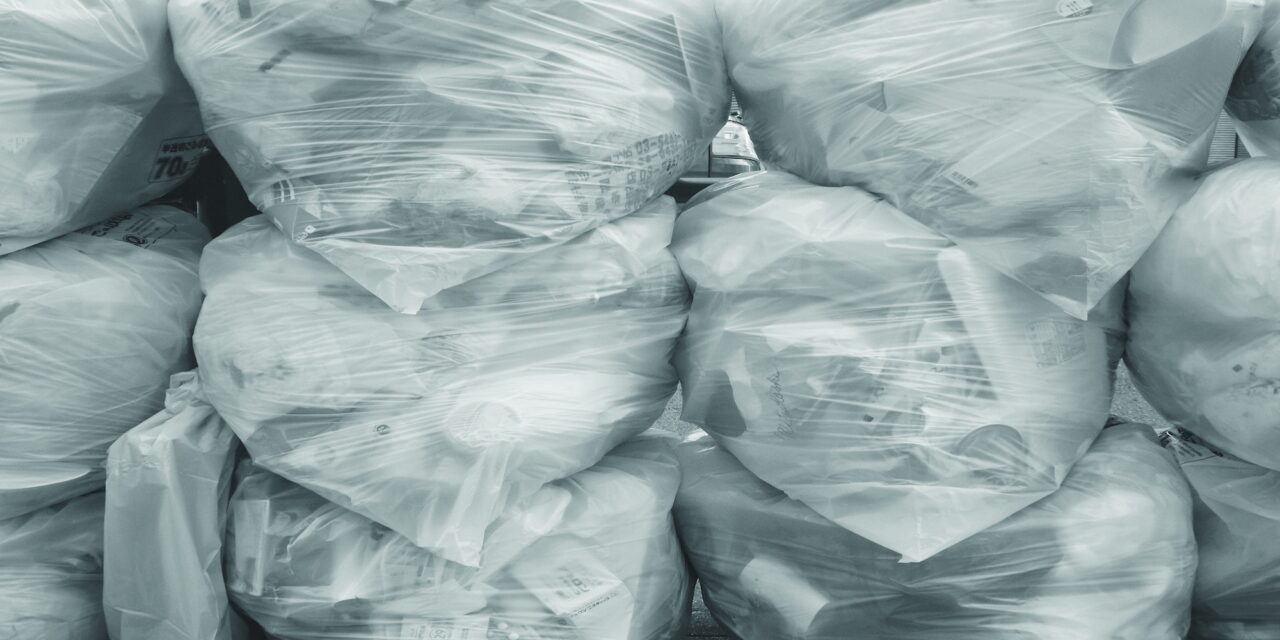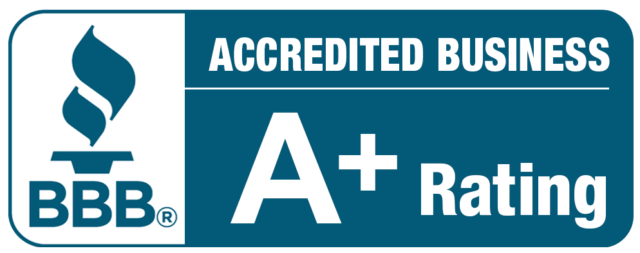As a home care agent, one of the things you will always have to deal with is to dispose of medical waste. Caring for the elderly or one who is not able to care for themselves independently will mean being of assistance to them when they are getting medical care.
As a care agent, the lots may fall to you to take out and dispose of the medical waste. How do you do it?
Where do you dispose of medical waste from your client care? Is there a rule that guides disposing of medical waste?
Whether or not you have a medical background or not you have to accurately dispose of this waste appropriately for your safety and that of your client and by extension their neighbours.
Here we show you the right way to get rid of medical waste and why it is important you do so.
Ready?
What is medical waste?
Medical waste is waste from healthcare activities that may pose a risk to public health, including human and animal health, and to the environment.
Often, medical waste can come from hospitals, clinics, laboratories, and other healthcare facilities. However when medical care is brought to households, medical waste can come from homes. This is due to the fact that Home healthcare in the United States is experiencing a period of rapid growth and change according to Sharp Compliance Inc.
For the purpose of this guide, we are referring to medical waste from household medical care operations. Here are some examples of medical waste from home care:
- Sharps waste: This includes needles, syringes, and lancets that are used to administer medications, draw blood, or perform other medical procedures.
- Infectious waste: This includes waste materials contaminated with bodily fluids, such as blood and other bodily secretions, as well as materials contaminated with infectious agents, such as cultures, swabs, and dressings.
- Chemical waste: This includes waste materials such as disinfectants, solvents, and pharmaceuticals that may contain hazardous chemicals or substances.
It is important to properly handle, transport, and dispose of medical waste to prevent the spread of infections, protect public health and the environment, and comply with regulations and laws governing the disposal of medical waste.
Why should medical waste be disposed of appropriately?
The major reason why medical waste should be disposed of appropriately is to prevent the spread of infections. Furthermore, to protect public health and the environment. Here are some other reasons why you ought to dispose of medical waste appropriately:
- To prevent the spread of infections: Medical waste contains potentially infectious materials such as blood, bodily fluids, and sharp objects that can cause infections. Proper disposal of medical waste helps prevent the spread of infections to healthcare workers, patients, and the general public.
- To protect public health: Medical waste can pose a risk to public health if it is not disposed of properly. For example, if medical waste is not properly treated, it can contaminate soil and water, which can lead to the spread of diseases.
- Disposing of medical waste appropriately protects the environment: Medical waste can contain hazardous materials such as chemicals, pharmaceuticals, and radioactive materials that can harm the environment. If medical waste is not disposed of properly, it can pollute soil, water, and air, which can have serious consequences for plants, animals, and humans.
- Proper disposal of medical waste complies with regulations: There are laws and regulations that govern the handling and disposal of medical waste. Failure to comply with these regulations can result in fines, penalties, and legal action.
By handling and disposing of medical waste appropriately, we can help safeguard the health and well-being of ourselves and others.
How To Dispose of Medical Waste As A Home Care Agent
As a home care personnel, it’s essential to understand the proper way to handle and dispose of medical waste to prevent the spread of infection and protect yourself and those around you.
Here’s a guide on how to handle and dispose of medical waste in the home.
#1. Identify medical waste
From the instances we gave above, you can be able to spot and identify medical waste. Such could include used bandages, gloves, syringes, and lancets.
#2. Segregate medical waste from other waste
Because medical care is administered at home, chances are that the waste can mix with other household waste. Now, you are able to identify medical waste, next is to segregate it.
Segregate medical waste from other household waste in a separate airtight container. You can go ahead to label it for clarity. This will prevent accidental exposure to medical waste by other members of the household.
#3. Use protective gear while working on medical waste
Medical wastes are highly infectious and can contaminate anyone.
While taking out the trash, wear protective gloves, face masks, and aprons when handling medical waste. These protective gear helps to prevent exposure to bodily fluids and other hazardous materials.
#4. Disinfect exposed surfaces and other surfaces
Disinfect any surfaces that come into contact with medical waste using a disinfectant solution. Disinfectant solutions help to kill any microorganisms that may be present.
While cleaning and disinfecting exposed surfaces is essential, it is also important to disinfect other surfaces to keep them safe.
#5. Store medical waste in a secure container
Store medical waste in a secure container that is leak-proof and puncture-resistant. The container should on a tight-fitting lid to prevent the release of any infectious material.
The purpose of storing medical waste before disposal is just in case you are not the person in the position to dispose of it immediately. The one disposing of it can have it in a secure container for disposal without contamination.
#6. Transport medical waste to the disposal area
Depending on where you are, most countries, counties, towns and areas have specific places where medical waste is disposed of. If that is the case with you, then you have to transport the waste to the location.
When transporting medical waste, make sure the container is labelled as medical waste and is secured to prevent any spills or leaks.
#7. Disposal of medical waste to the appropriate place
Check with your local health department for guidelines on the proper disposal of medical waste. Some areas may allow medical waste to be disposed of in the regular trash, while others require it to be taken to a special facility for disposal.
In summary, as a home care personnel, it is essential to handle medical waste with caution and care. Proper segregation, storage, and disposal of medical waste can prevent the spread of infection and protect the health of yourself and others in the home.
By following these simple steps, you can ensure the safe and proper handling of medical waste in the home. This not only ensures proper disposal, but it also keeps you safe as a caregiver and your client and family safe.
Take advantage of the $2/hour Bonus Ongoing Now at Good Hands Home Care
You can reach out to us via our website or call +1-317-742-4135, +1-317-981-5990 or leave us a mail via [email protected]





